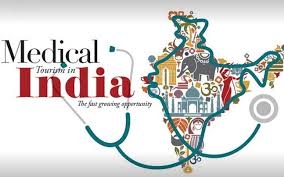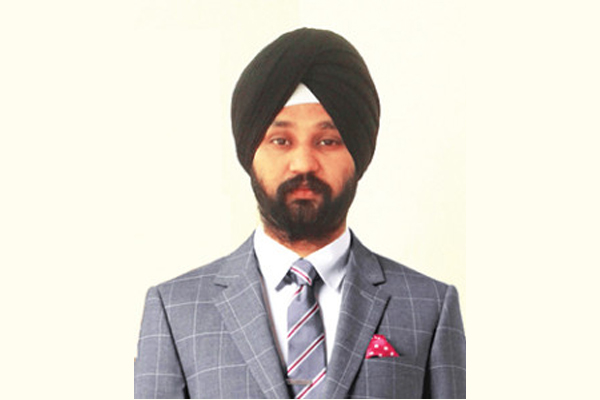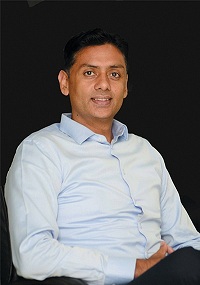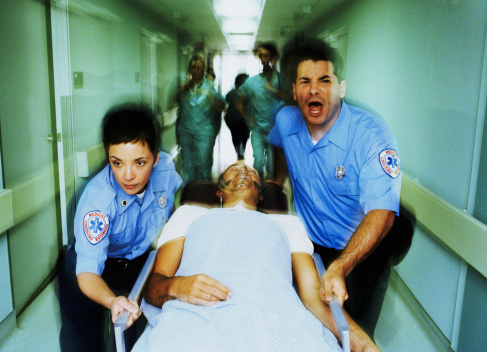

India is often known as the diabetes capital of the world. According to latest estimates of the World Health Organization, the number of Indians with diabetes is projected to balloon to 101.2 million in the next 15 years. While there is significant evidence that supports a range of interventions to improve diabetes outcomes, early detection and diagnosis of diabetes followed by self-management are important elements for preventing and controlling diabetes.

India has been witnessing an alarming rise in incidence of diabetes, according to the International Journal of Diabetes in developing countries. Diabetes is a complex, chronic illness requiring continuous medical care with multifactorial risk-reduction strategies beyond glycaemic control.
On-going patient self-management education and support are critical to preventing acute complications and reducing the risk of long-term complications. Un-monitored prence of diabetes also results in increased risk of vascular complications like cardiovascular, renal, neural and visual disorders which are related to the duration of the disease.
In diabetes, greater onus of the management lies with the patient as opposed to other diseases where the responsibility lies more with doctor. Diabetes can be controlled greatly if patients are able to keep their blood glucose levels within target range. It is all about managing diet, exercising and importantly regular monitoring of blood glucose level. Some people do not check their sugar levels because they are frightened to see higher or lower levels than their target levels. Some others think they know their glucose levels by the way they feel, but the way one feels is not always a good or accurate guide to what is happening.

Be a part of Elets Collaborative Initiatives. Join Us for Upcoming Events and explore business opportunities. Like us on Facebook , connect with us on LinkedIn and follow us on Twitter , Instagram.












